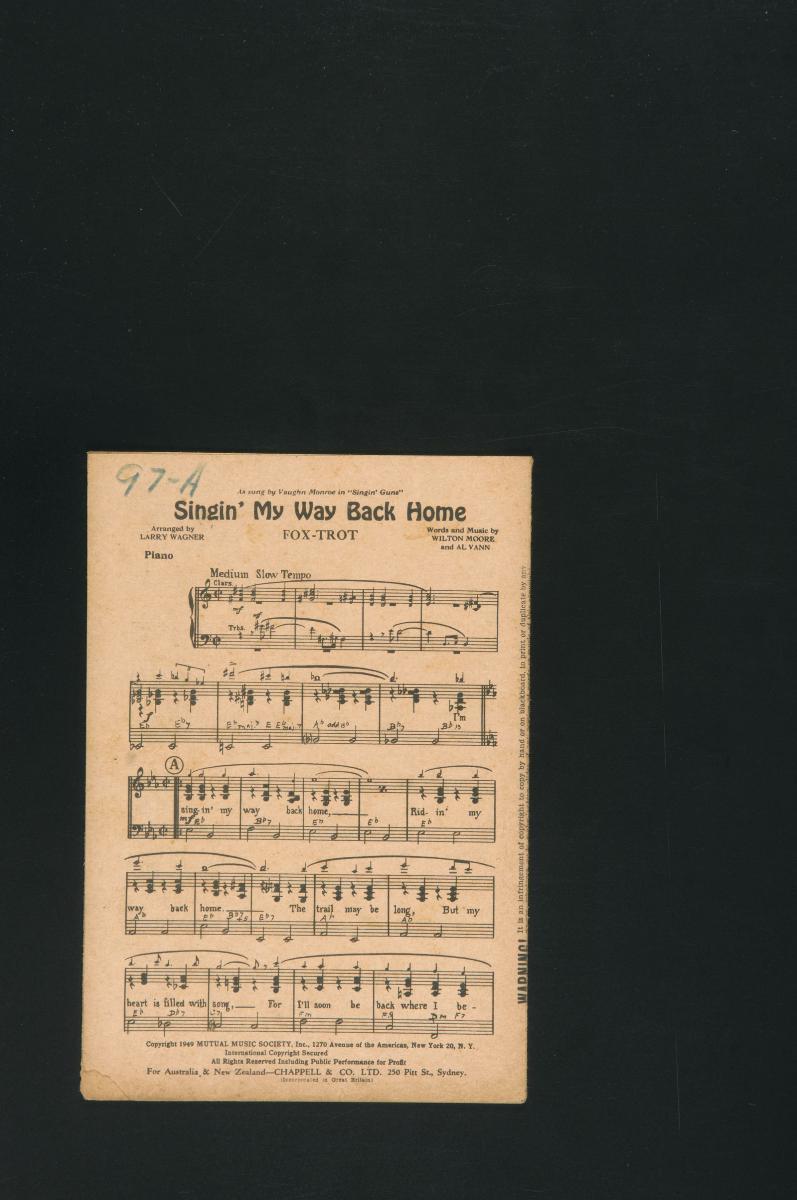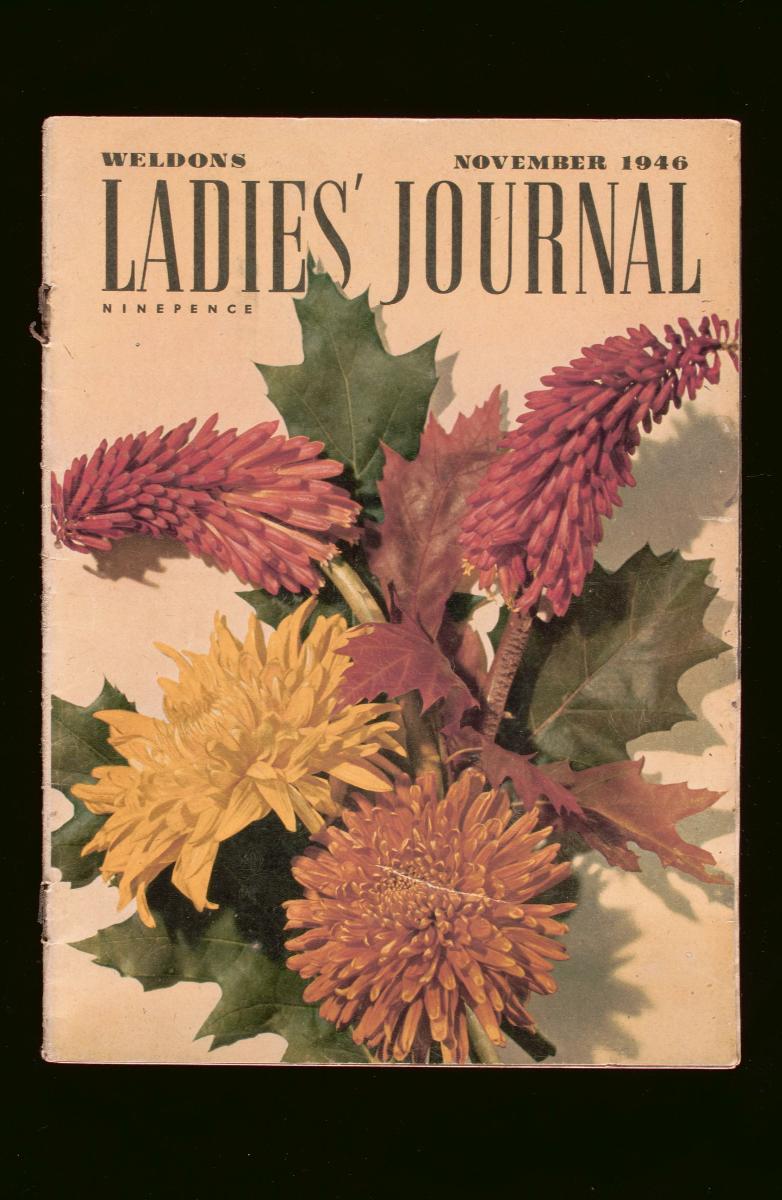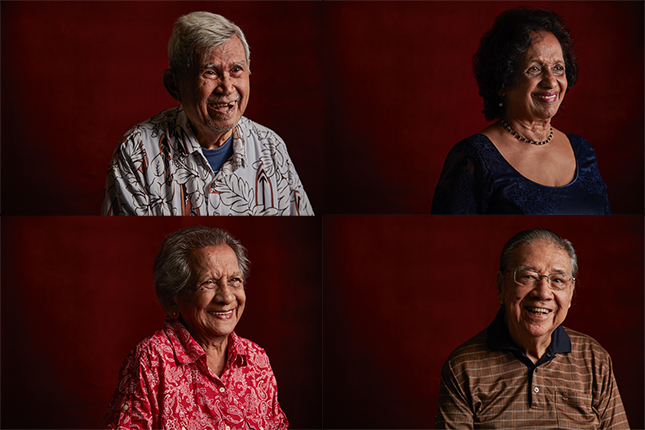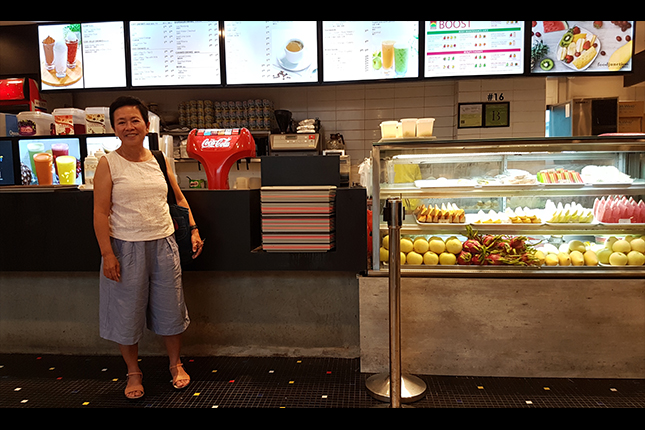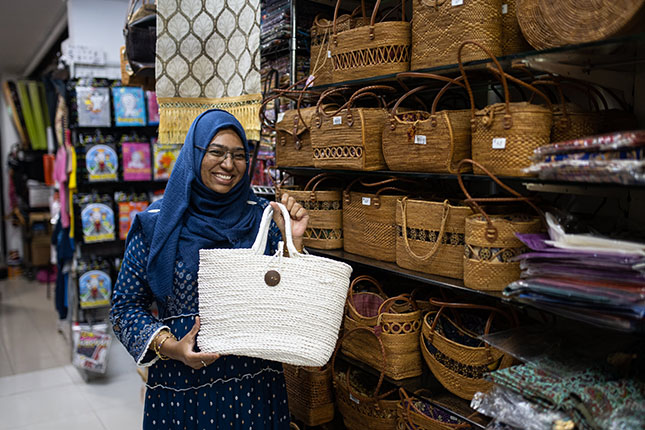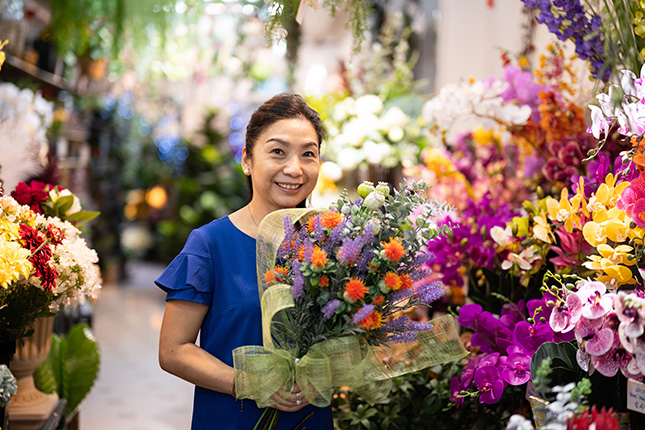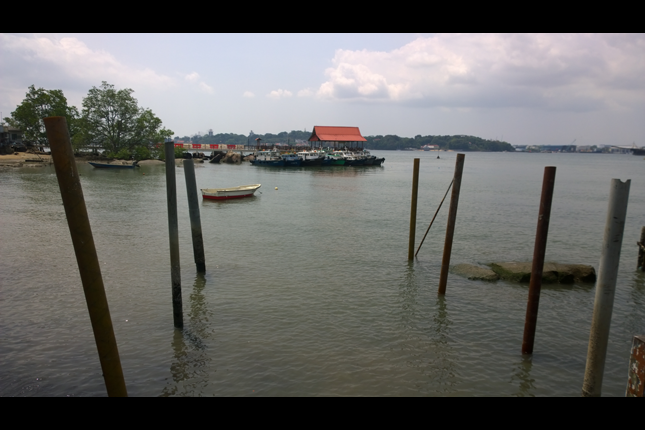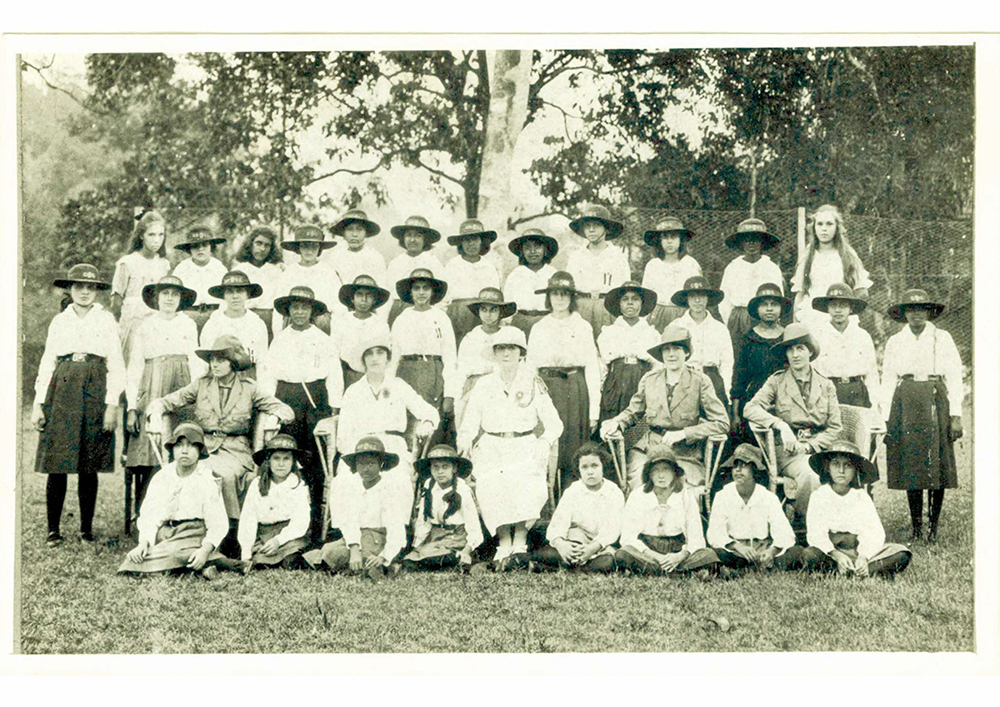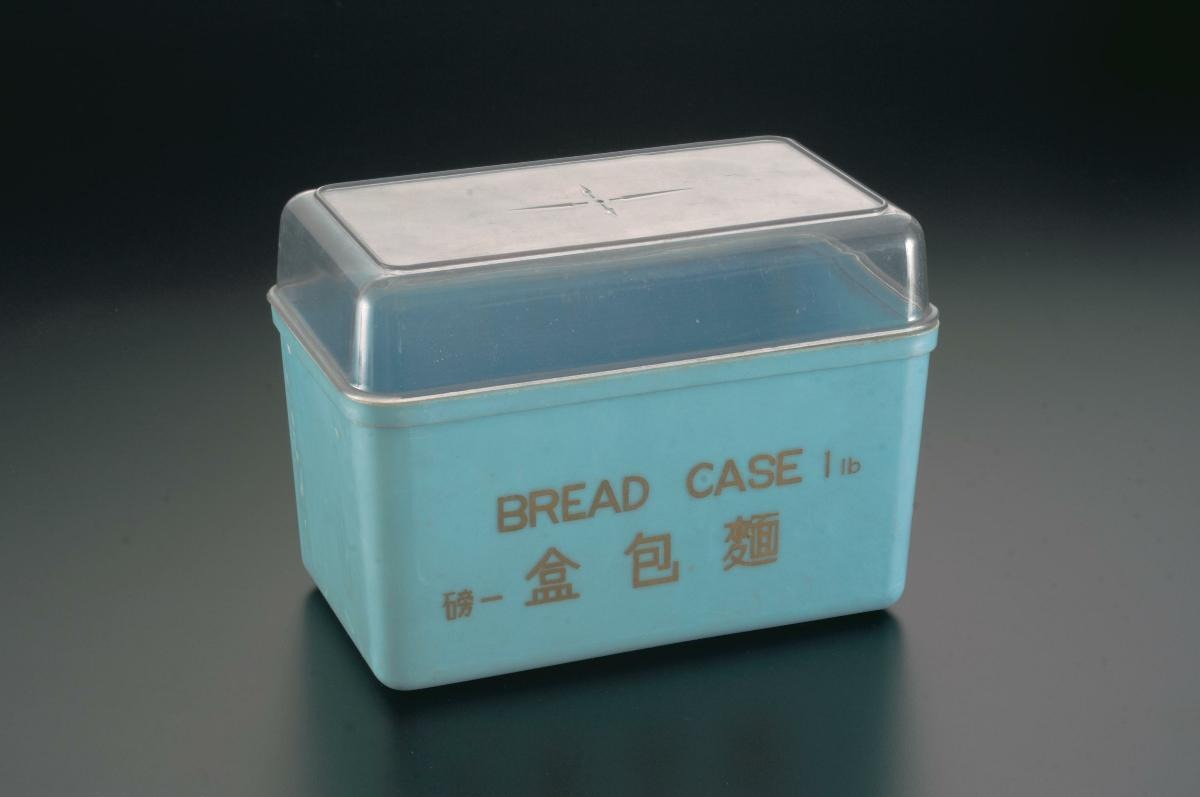The Unofficial Rattan Teacher
|
Name of business: |
Rishi Handicrafts |
|
Business type: |
Rattanware and Baskets |
|
Established: |
1985 |
Rishi Handicrafts has ceased operations as of 30 September 2022.
Founded in 1985 by Mr Darshan Singh, Rishi Handicrafts was a rattanware shop specialising in handwoven baskets. Even though business has ceased operations in 2022, Darshan remains motivated to impart his knowledge of cane and rattan to successive generations.
Over the decades, thousands of students from mainstream and art schools have come through Rishi Handicrafts’ doors to learn and understand the heritage of rattan as a material and its products. Stepping into the shop, one would be surrounded by baskets of all colours, shapes and sizes. In contrast to the early days when Rishi Handicrafts first started in 1985, there is less demand for rattan baskets today. But the owner, Darshan is motivated by a calling to impart his knowledge and experience of cane and rattan to successive generations. “I keep it for the students and their projects, because a lot of students come here, they want to know what rattan is” he explains.
Darshan says Singapore was well known for handcrafting baskets in the 1950s and 1960s, with production concentrated in Kampong Bugis near the Kallang River. Because locally produced baskets were light and durable, they were also used for carrying soil and gardening tools. “In the 1970s, 1980s, we still had some kampong houses. And they throw all the soil, all the rubbish into the basket inside…that was many years ago.” With each piece handwoven and unique, baskets were also a popular tourist souvenir then.
By the time that Rishi Handicrafts—also commonly known as Rishi Baskets—was established, locally-produced rattan pieces had dwindled, and Darshan imported baskets from Vietnam, China, Malaysia, and Indonesia.
Business continued to be brisk in the 1980s and 1990s, buoyed by the growth in tourism and interest in rattan baskets from local shoppers who used them to carry meat and vegetables when they went to wet markets. “During the 1980s, we had a lot of auntie and uncle customers, and we used to sell them market bags, baskets, for going to the market to buy vegetables and all that,” Darshan recalls. “And we used to sell picnic baskets and also carpet beaters, all these are traditional products.” At its peak, Rishi Handicrafts was spread over five shops on Arab Street in the 1990s.
When the 2000s came around, the next generation of Singaporeans replaced rattan baskets with carriers made of newer materials such as plastic. Rattan baskets soon lost their daily-use function. They now serve specific purposes such as for flower baskets in a wedding, or food hampers during festivals like Chinese New Year, Hari Raya and Deepavali.
This drop in consumer demand for rattan baskets have taken a toll on the business. To supplement his earnings, Darshan opened a restaurant adjacent to the basket shop with a partner. Nasrin Turkish Restaurant sells Middle Eastern and Mediterranean cuisine, serving ice cream, baklava, and Turkish coffee. It is often lively with customers and has been doing fairly well. The diversification has helped Darshan to keep up with rental costs and he continues to run the restaurant, so that he can keep Rishi Handicrafts going.
Being in Kampong Gelam since the 1980s, Darshan has formed close bonds with his neighbours, a familiar face that neighbours trust and love. “I’m well known here. Everyone knows me.” In the past, neighbours not only recommended each other’s products to customers, but they helped keep an eye on each other’s shops when the owner had to step away. Other shop owners have mentioned that whenever their customers needed baskets, they would direct them to Darshan. Darshan cherishes all his customers. “They are very important to me because they are giving us business for us to earn a living.”
Darshan’s straightforward and jovial nature makes it easy for him to strike up conversations with customers and has also earned him the affection of students. What Darshan missed most during the COVID-19 pandemic were the visits from the students on school trips and the interactions with them. “For me, I’m not here to sell my products… But if they like, I will talk to them, and when they grow up, don't forget this uncle, come here and buy a basket. When they get married... Haha!”
He cherishes every opportunity to teach the students about rattan baskets and hopes that he can keep educating the younger generation about Singapore’s history with rattan baskets. To the Kampong Gelam community and the students eager to complete their project, he will be the unofficial, friendly rattan teacher, always full of stories about the craft.
Interviewed by Ng Wee Liang, Koh Kai Yee, and May Hui on 7 May 2022.














